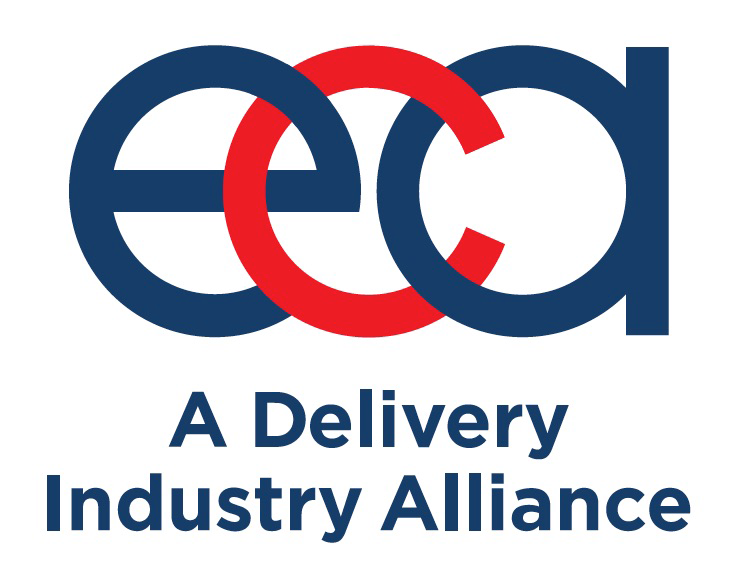A stroll through the New York Times archive on naming usually turns up little more than the latest sports team naming disaster or the demise of a beloved brand name. But today? I stumbled into a flood of articles, each a reminder that naming isn’t just an exercise in creativity. It’s an act of power!
Take, for instance, the Trump administration’s recent insistence on renaming the Gulf of Mexico as the Gulf of America. It’s a move that feels both absurd and deeply revealing, an attempt to impose control over reality itself through language. And yet, it’s not just an empty gesture. The White House has gone as far as banning the Associated Press from press briefings for refusing to adopt the new terminology, even though they’ve acknowledged the administration’s policy change.
This is the kind of renaming that isn’t just about semantics — it’s about sovereignty. Historically, authoritarian regimes have understood that controlling language is a means of controlling thought. When the ruling power dictates what something is called, they shape the framework through which people perceive and discuss it. The names we use determine the boundaries of discourse, what’s accepted, what’s contested, what simply fades from view.
Naming as a Political Act
We see this dynamic play out in branding all the time. Corporations don’t just sell products, they sell narratives. In the policy realm, is it global warming or climate change? Are you pro-choice or pro-abortion? Do we say undocumented immigrant or illegal alien? The words we choose do more than describe reality; they shape it.
But when naming is wielded at a governmental level, it carries even greater weight. Consider how historical regimes have manipulated language to their advantage. In Orwell’s 1984, the Party reduces complex ideas to simple, state-approved labels, making alternative thought nearly impossible. In the real world, colonizers have erased indigenous place names, dictators have rebranded political movements, and ruling parties have strategically renamed policies to obscure their intent (Patriot Act, anyone?).
The Trump administration’s attempt to rename the Gulf isn’t just a moment of nationalist puffery. It’s part of a broader strategy of linguistic dominance. We saw this with “alternative facts.” We saw it with the push to replace critical race theory with patriotic education. Now, we’re watching an attempt to overwrite geography itself.
And it’s not just geography. Trump’s recent conviction has renewed efforts to strip his name from a New York park, reflecting the way naming functions as both an honor and a liability. Meanwhile, his push to rename Denali back to Mount McKinley (despite Alaska lawmakers preferring the Native name) illustrates how naming disputes can become symbolic battles over history, identity, and power.
Beyond this, we see striking inconsistencies in transparency when it comes to naming. On the one hand, the C.I.A. mistakenly sent an email containing the names of some employees to the Trump administration in an attempt to comply with an executive order to trim the federal workforce in a case of unintended exposure of identities. On the other, journalists recently obtained the names of 53 migrants taken to Guantánamo Bay, a disclosure that the administration did not want. The discrepancy between these two cases highlights how naming and anonymity are selectively wielded as tools of control. Power is deciding whose names deserve protection and whose identities serve a political purpose when revealed.
What’s in a Name? Everything.
Naming is not neutral. It’s an act of framing, an attempt to shape how we think, feel, and respond. That’s why it’s so important to push back when language is manipulated for political gain. The AP’s refusal to use “Gulf of America” isn’t just about journalistic integrity—it’s about resisting an attempt to rewrite reality.
And for those of us in branding, naming, and strategy? It’s a reminder of the responsibility we hold. The words we choose don’t just represent things, they define them. And in that definition lies power.








